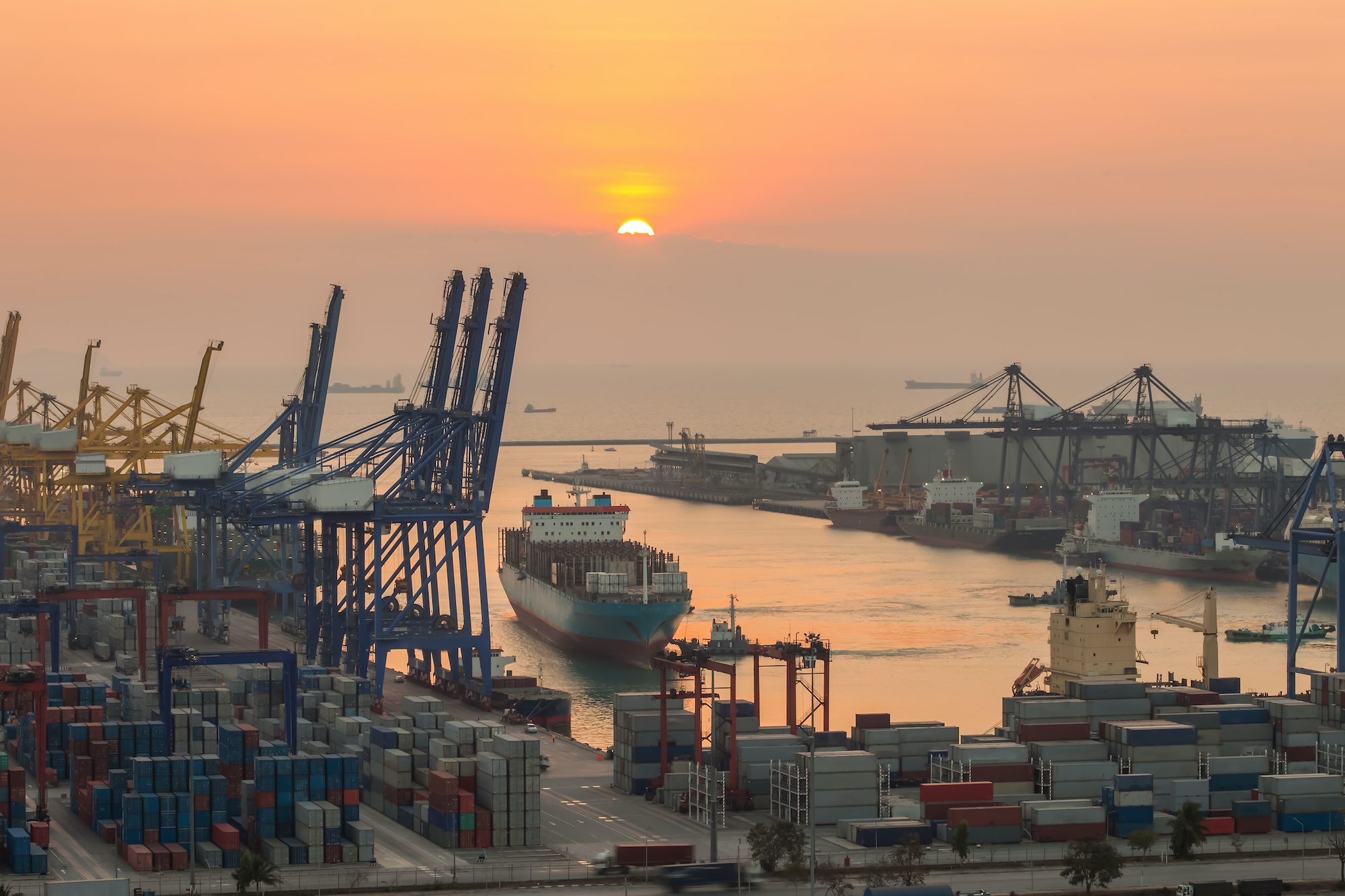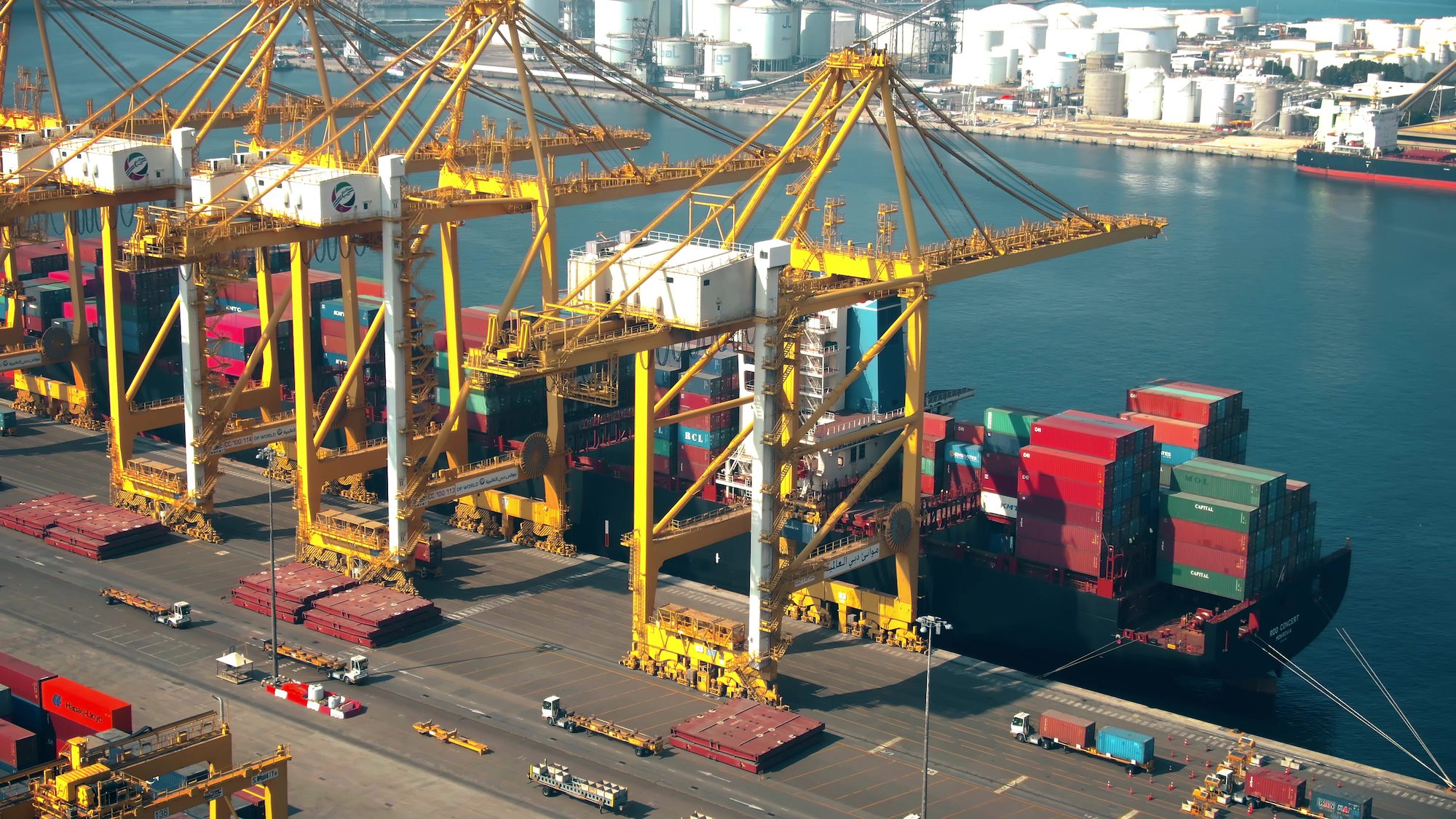The Port of Rotterdam, Europe’s largest and busiest port, saw a 6.1% decrease in its total cargo throughput in 2023, handling 438.8 million tonnes compared to 467.4 million tonnes in 2022. The drop is attributed primarily to a decrease in coal throughput, containers, and other dry bulk. However, agribulk, iron ore & scrap, and LNG segments saw an uptick in throughput.
Geopolitical unrest, sluggish economic growth, and rampant inflation contributed to the decreased throughput. Despite these challenges, the Port of Rotterdam Authority managed to maintain stable financial results, providing the means for future investments.
The port’s Chief Executive Officer, Boudewijn Siemons, acknowledged the impact of global trade disruptions, rising interest rates, and geopolitical tension on the port’s activity. But he also highlighted the major investment decisions and milestones in transitioning to a sustainable port.
The container throughput in tonnes was 6.8% lower in 2023, dropping to 130.1 million tonnes. In terms of twenty-foot containers, throughput fell 7.0% to 13.4 million TEU. The decrease is attributed to lower consumption, lower production in Europe, and the discontinuation of volumes to and from Russia due to sanctions.
For dry bulk, 2023 saw an 11.8% fall compared to 2022. However, agribulk saw a 50% increase in maize imports due to crop failures from drought and floods in Europe. Liquid bulk throughput was 3.4% lower than the previous year, largely due to the discontinuation of ship-to-ship transshipment.
Sustainability was a key theme for the Port of Rotterdam in 2023. Decisions were made to invest in Porthos, a CO2 transport and storage project, and the construction of a national hydrogen network was initiated. Additionally, new shore power connections were put in place, and land reclamation for Princess Alexiahaven was started.
The container segment also saw significant developments, with investment decisions made for the expansion of container terminals by APMT and RWG, the official opening of the Container Exchange Route (CER), and Nextlogic becoming operational. The widening of the Yangtzekanaal has also begun.
The Port of Rotterdam Authority has also announced plans to expand the container terminals APM Terminals and Rotterdam World Gateway (RWG) in the Princess Amaliahaven in 2023, which will be prepared for the use of shore power and will operate in carbon-neutral ways.
Looking ahead, despite the predictions of geopolitical turbulence and upcoming elections in several countries, the port maintains a steady course and will continue to implement plans that further the transition to sustainability.

 Join The Club
Join The Club











